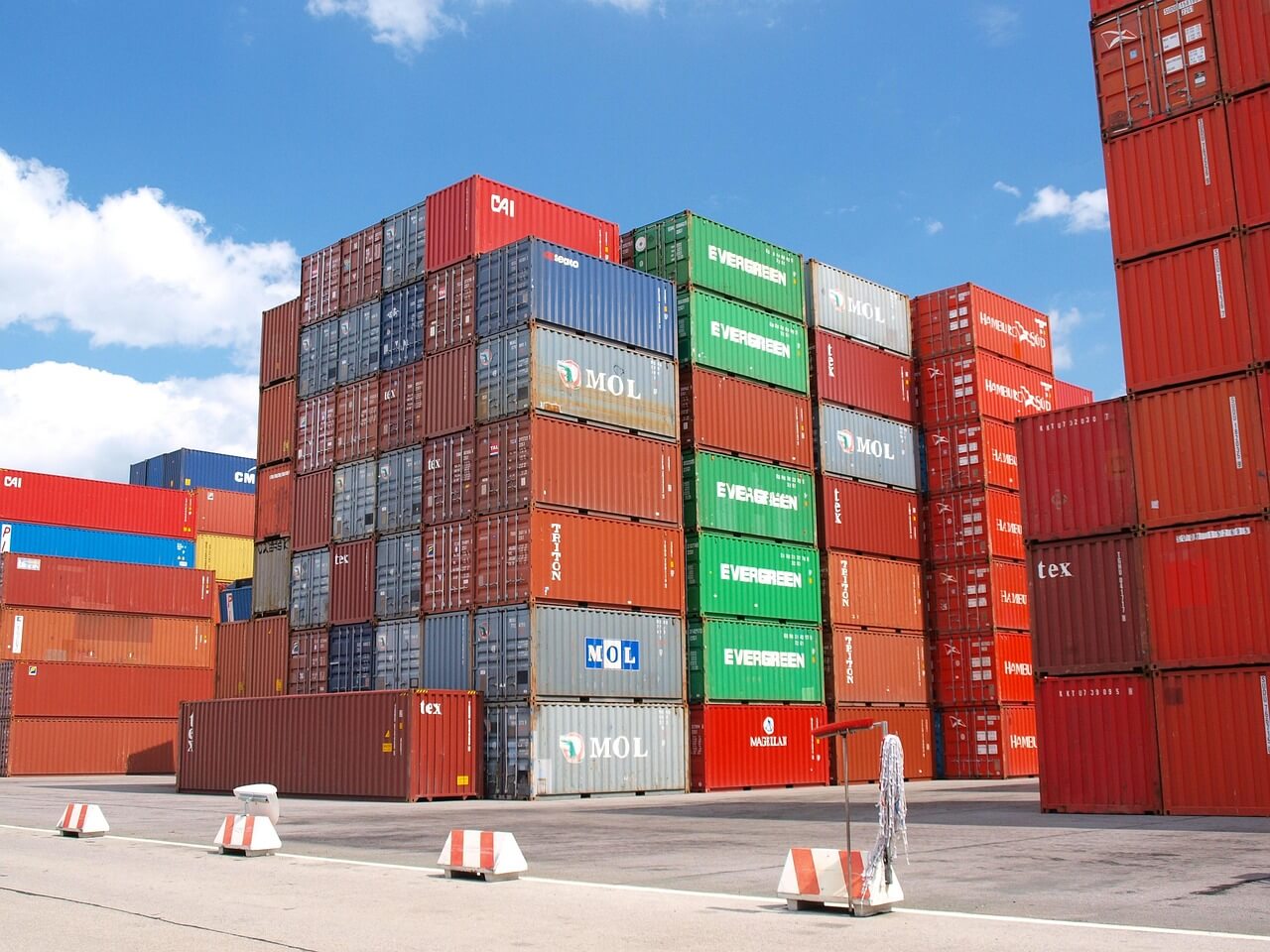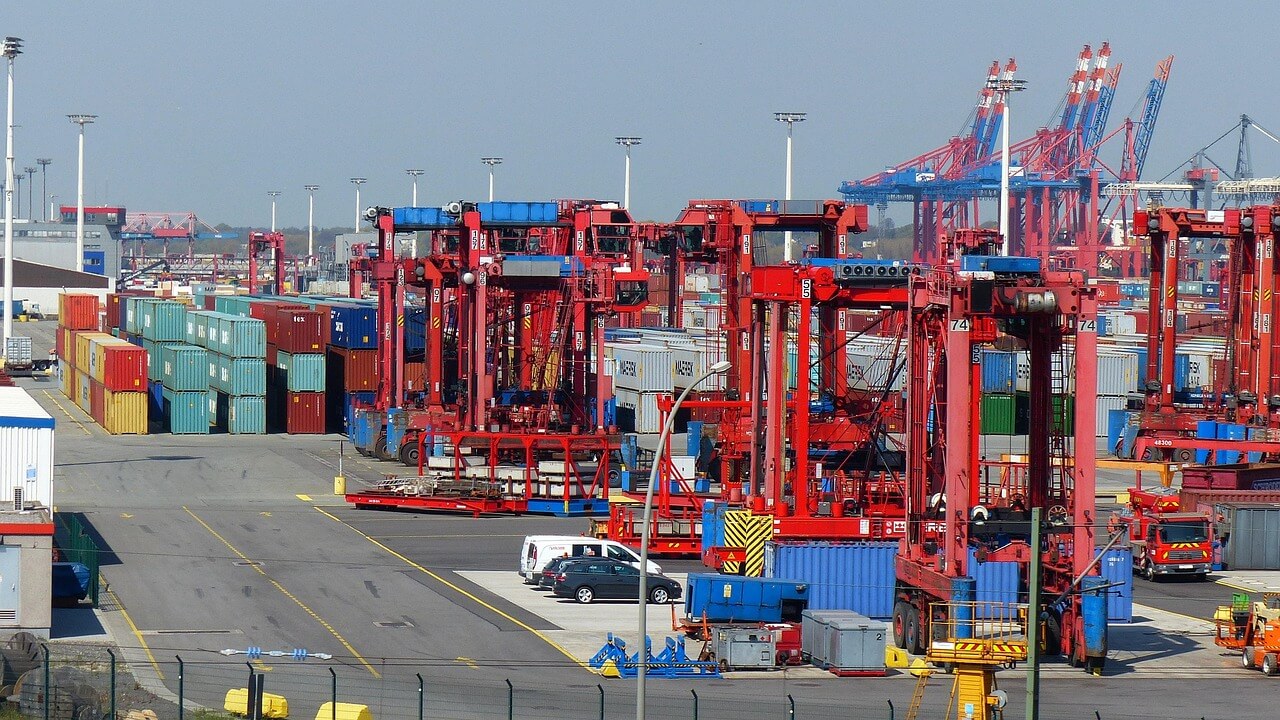
29
Apr
What are the preparation requirements for customs clearance documents in Saudi Arabia?
Saudi Arabia Customs Clearance Documentation Preparation Requirements
Saudi Arabia is a significant trade hub in the Middle East, and exporting to this region involves strict customs clearance procedures. Understanding the necessary documentation and preparation requirements is crucial for a smooth customs clearance process. Here are the key elements that need to be considered for the preparation of customs clearance files in Saudi Arabia:
1. Bill of Lading (BOL): This document outlines the terms of the contract between the seller and the buyer, specifying the quantity, type, and value of goods being shipped. It is essential for customs clearance as it provides a basis for valuation and classification of goods.
2. Invoice: The invoice must be provided in both Arabic and English, showing detailed information about the goods, including quantity, description, unit price, and total value. It must also include the seller's and buyer's contact details.
3. Packing List: This document details the packaging of the goods, including type, size, and quantity of each package. It helps customs officials inspect and verify the contents of the shipment.
4. Certificate of Origin: This certificate attests to the origin of the goods, which is important for tariff classification. In some cases, a certificate may be issued by a chamber of commerce or a government agency.
5. Customs Declaration Form: This form must be completed accurately with details about the shipment, including the Harmonized System Code (HS Code), quantity, value, and other relevant information.
6. End-User Certificate: For certain products, an end-user certificate may be required, attesting to the final destination and intended use of the goods.
7. Health and Safety Certificates: Depending on the type of goods, health and safety certificates may be necessary, especially for food, chemicals, or other regulated products.
8. Shipping Agreement or Contract: This document outlines the terms and conditions of the shipment, including insurance details, route of transportation, and delivery schedule.
9. Insurance Certificate: If insurance is arranged for the shipment, an insurance certificate must be provided to customs officials.
It is important to note that these documents must be accurate and comply with Saudi Arabia's customs regulations. Any discrepancies or omissions could lead to delays or additional costs during customs clearance. It is advisable to consult with local customs authorities or freight forwarders for specific requirements and procedures before preparing the documents for customs clearance in Saudi Arabia.
Saudi Arabia is a significant trade hub in the Middle East, and exporting to this region involves strict customs clearance procedures. Understanding the necessary documentation and preparation requirements is crucial for a smooth customs clearance process. Here are the key elements that need to be considered for the preparation of customs clearance files in Saudi Arabia:
1. Bill of Lading (BOL): This document outlines the terms of the contract between the seller and the buyer, specifying the quantity, type, and value of goods being shipped. It is essential for customs clearance as it provides a basis for valuation and classification of goods.
2. Invoice: The invoice must be provided in both Arabic and English, showing detailed information about the goods, including quantity, description, unit price, and total value. It must also include the seller's and buyer's contact details.
3. Packing List: This document details the packaging of the goods, including type, size, and quantity of each package. It helps customs officials inspect and verify the contents of the shipment.
4. Certificate of Origin: This certificate attests to the origin of the goods, which is important for tariff classification. In some cases, a certificate may be issued by a chamber of commerce or a government agency.
5. Customs Declaration Form: This form must be completed accurately with details about the shipment, including the Harmonized System Code (HS Code), quantity, value, and other relevant information.
6. End-User Certificate: For certain products, an end-user certificate may be required, attesting to the final destination and intended use of the goods.
7. Health and Safety Certificates: Depending on the type of goods, health and safety certificates may be necessary, especially for food, chemicals, or other regulated products.
8. Shipping Agreement or Contract: This document outlines the terms and conditions of the shipment, including insurance details, route of transportation, and delivery schedule.
9. Insurance Certificate: If insurance is arranged for the shipment, an insurance certificate must be provided to customs officials.
It is important to note that these documents must be accurate and comply with Saudi Arabia's customs regulations. Any discrepancies or omissions could lead to delays or additional costs during customs clearance. It is advisable to consult with local customs authorities or freight forwarders for specific requirements and procedures before preparing the documents for customs clearance in Saudi Arabia.
LEAVE YOUR COMMENT
categories
recentpost
-
 How can freight forwarders achieve efficient logistics and shipping from China to Tanzania?Apr 30,2025
How can freight forwarders achieve efficient logistics and shipping from China to Tanzania?Apr 30,2025 -
 What are the guarantee measures for transportation and transaction services from China to the UnitedApr 30,2025
What are the guarantee measures for transportation and transaction services from China to the UnitedApr 30,2025 -
 How is the international freight delivery service for transporting goods to Saudi Arabia?Apr 30,2025
How is the international freight delivery service for transporting goods to Saudi Arabia?Apr 30,2025 -
 What is the delivery time for international freight from China to Kenya?Apr 30,2025
What is the delivery time for international freight from China to Kenya?Apr 30,2025 -
 What is the customs clearance process for global land transportation from China to the United Arab EApr 30,2025
What is the customs clearance process for global land transportation from China to the United Arab EApr 30,2025 -
 Shipping Guide from China to Qatar: How to Calculate LCL Shipping Cost?Apr 30,2025
Shipping Guide from China to Qatar: How to Calculate LCL Shipping Cost?Apr 30,2025

